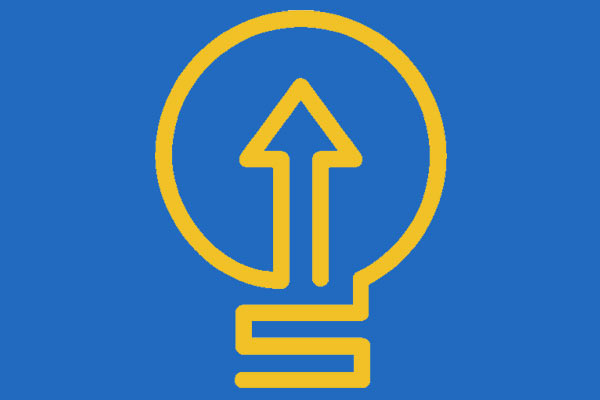DCF recognizes World Elder Abuse Awareness Day
- June 15, 2015
- / Staff Reports
- / community-dashboard

Today, the Department of Children and Families (DCF) and community partners are raising awareness about elder abuse and neglect by recognizing Elder Abuse Awareness Day on June 15. Events around the state will help educate participants on how to report and prevent elder abuse.
“We have a responsibility to protect the elderly who call our state home. Too often, elderly people are abused and taken advantage of by people they know and trust, “said Kellie Darnell Sweat Northwest Regional Director. “Through the Adult Protective Services Program we are able to partner with the community to provide the resources and care needed to keep our elderly and vulnerable adults safe in their community.”
Elder abuse or neglect often goes unrecognized and unreported, and is frequently committed by people an elder trusts or depends on, such as a family member, friend or caregiver. Experts estimate that for every one in ten vulnerable adults who have fallen victim to some form of abuse, less than half are reported to authorities. Elder abuse can be physical, sexual, psychological or emotional. Financial exploitation of a senior’s funds or assets is also abuse. Neglect is the failure by a responsible persons to provide food, shelter, care or protection for a senior.
Last year, the Northwest Region of DCF investigated approximately 4000 allegations of elder abuse, exploitation and self-neglect. Nearly 450 of those investigations closed with verified findings. Elderly people are reluctant to report abuse and often go without the help they need and deserve. Unfortunately, no one is immune to abuse, neglect or exploitation. It occurs in every demographic and can happen to anyone.
Some signs of elder abuse or neglect:
Bruises, broken bones, burns or other physical indicators
Unexplained withdrawal from normal activities or unusual depression
Sudden changes in financial situation
Unattended medical needs or unusual weight loss
Here are a few ways you can help:
If you suspect an elderly or disabled adult is being physically abused or ripped off, call the Florida Abuse Hotline at 1-800-962-2873 or report online at www.FloridaAbuseHotline.com.
Visit older friends, neighbors and family members regularly.
Volunteer with local organizations that serve vulnerable adults.
Visit http://www.myflfamilies.com/service-programs/adult-protective-services for more information about DCF’s efforts stop elder abuse.
For more information about adult protective services and elder abuse visit, www.myflfamilies.com/service-programs/adult-protective-services.
 CivicCon launches with a look at good growth in cities
CivicCon launches with a look at good growth in cities
 Building stronger brains one baby, one parent at a time
Building stronger brains one baby, one parent at a time
 SCI debuts commercial on Early Learning City
SCI debuts commercial on Early Learning City
 Entrecon: World class speakers and an opportunity to sharpen skills
Entrecon: World class speakers and an opportunity to sharpen skills
 PYP Quality of Life survey 2017
PYP Quality of Life survey 2017
 EntreCon Pensacola 2016: A look back
EntreCon Pensacola 2016: A look back
 Leadership tip: getting better employee takeaways
Leadership tip: getting better employee takeaways
 Leadership tip: be interested instead of interesting
Leadership tip: be interested instead of interesting
 Leadership tip: delivering difficult messages
Leadership tip: delivering difficult messages
 Brain Bags boost Arc, Early Childhood Court programs
Brain Bags boost Arc, Early Childhood Court programs